
Understanding Skin Discoloration on the Face
The skin, the biggest organ in our body, is vital in keeping us harmless from external forces. Clear and evenly tinged skin is one of the most prevailing signs of well-being and beauty. However, many people deal with the fatal self-esteem-damaging issue of facial skin discoloration. Understanding its causes, forms, and treatments is important to keep an even complexion and avoid skin discoloration.
Types of Skin Discoloration on the Face
The various types of skin discoloration on face are:
Hyperpigmentation
Due to the inundation of melanin, few parts of the face in hyperpigmentation grow gloomy than the encircling regions. Our skin and hair get their colors from melanin. Age spots, melasma, and post-inflammatory hyperpigmentation (PIH) are prevalent hyperpigmentation types. They can be possibly caused by blemishes, wounds, or skin irritations.
Also Read: The Definitive Guide to Hyperpigmentation: Causes and Treatment
Hypopigmentation
In hyperpigmentation, certain face areas become darker than the surrounding areas. In hypopigmentation, the areas lose color. This disorder is mainly caused when the area loses melanocytes. This can also occur if there isn't adequate production of melanin.
Vitiligo
In the complication known as vitiligo, few parts of the skin become ivory-white and drop their color. This happens as the melanin-generating cells, being the reason for the pigment that gives skin its color, stop functioning correctly. Although vitiligo is not hazardous, seeking medical consultation and shielding the afflicted regions from the sun is important.
Causes of Skin Discoloration on the Face
There are various face discoloration causes. Let’s have a look at some of them:
Hormone Adjustments
Hormone changes can cause melasma, a type of hyperpigmentation sometimes referred to as the "mask of pregnancy," especially during pregnancy or while taking birth control pills.
Environmental Factors
Skin sensitivity and redness may result from exposure to irritants, harsh chemicals, and pollutants.
Sun Exposure
Excessive sun exposure without protection can cause freckles and dark patches on your skin.
Genetics
Discoloration on face occasionally runs in families, which implies it is transmissible from parents to offspring.
Treatments for Skin Discoloration on the Face
The various face discoloration treatment options are:
Topical treatments
Creams with substances such as hydroquinone, retinoids, vitamin C, niacinamide, and alpha hydroxy acids (AHAs) that are available over-the-counter or prescription can help lighten dark spots and level the skin tone.
Chemical Peels
Using a chemical solution on the face to exfoliate the top layer of skin can help eliminate hyperpigmentation and reveal a more even, fresher complexion.
Microdermabrasion
It removes the top layer of skin using minute exfoliating crystals, helping to alleviate moderate black discoloration of skin on face and enhancing the skin's texture.
Laser Therapy
Several laser therapies, including fractional lasers and intense pulsed light (IPL), can target and degrade extra melanin, effectively addressing pigmentation problems.
Sunscreen
Daily sunscreen can shield your skin from the sun's damaging rays and help avoid dark spots.
Skincare Products
Specialized moisturisers or serums can help lighten dark spots or even skin tone. Opting for The Pink Foundry Dark Spot & Hyperpigmentation Correcting Power Serum is the optimal method to add glutathione into your daily skincare regimen. This serum has a potent blend of effective ingredients, all meticulously crafted to combat and help fade dark spots and hyperpigmentation.
Also Read: Different Types of Skin and Skincare Products to Be Used
Professional Treatments for Skin Discoloration on the Face
Some skin discolorations, like small brown patches or redness, can gradually dissipate without any distinctive care. Regarding skincare and sun protection, being persistent and patient is crucial. But for serious discoloration issues, seeking professional treatment is necessary. These treatments include:
Cryotherapy
This method involves freezing the black patches with liquid nitrogen, which over time, causes them to peel off and vanish.
Chemical Peels
Although certain chemical peels can be applied at home, professional peels provided by a dermatologist or other qualified specialist may be more potent and effective for severe discoloration.
Dermabrasion
This method, similar to microdermabrasion, employs a spinning instrument to sand the skin's surface and lessen the visibility of deep discoloration.
Prescription medicines
A dermatologist may occasionally recommend harsher medicines, including corticosteroids or immunomodulators, to address particular skin disorders that result in discoloration.
Prevention Tips for Maintaining a Healthy, Evenly-Colored Complexion
It's important to consider the following:
Apply sunscreen
Using The Pink Foundry’s Mineral Matte Tinted Sunscreen round the year can help attain a blemish-free evenly-tinted complexion.
Control Stress
Prolonged stress can aggravate skin issues and cause irritation and redness. Try out relaxation techniques like yoga and mindfulness.
Don’t Pick
It is crucial to remember that picking or scratching your face will aggravate the discoloration and leave scars.
Avoid Smoking
Smoking can harm the skin and cause discoloration. So, avoiding this habit can prevent skin discolouration to a great extent.
Conclusion
It is essential to bear in mind that facial skin discoloration can be doctored, and spotless skin can be obtained through the right cures. Individuals can make informed decisions if they are aware of the different reasons that induce skin discoloration and the various types of the disorder. Right treatments can help people get evenly toned skin and feel confident about their looks.
FAQs:
1. Are there effective treatments for skin discoloration?
Topical creams, chemical peels, laser therapy, and cryotherapy are effective options for treatment.
2. Are professional treatments necessary for severe discoloration?
Professional treatments like dermabrasion or laser therapy may be recommended for severe discoloration.
3. Is skin discoloration permanent?
Not necessarily. With proper treatment and prevention, many cases of skin discoloration can improve or fade over time.

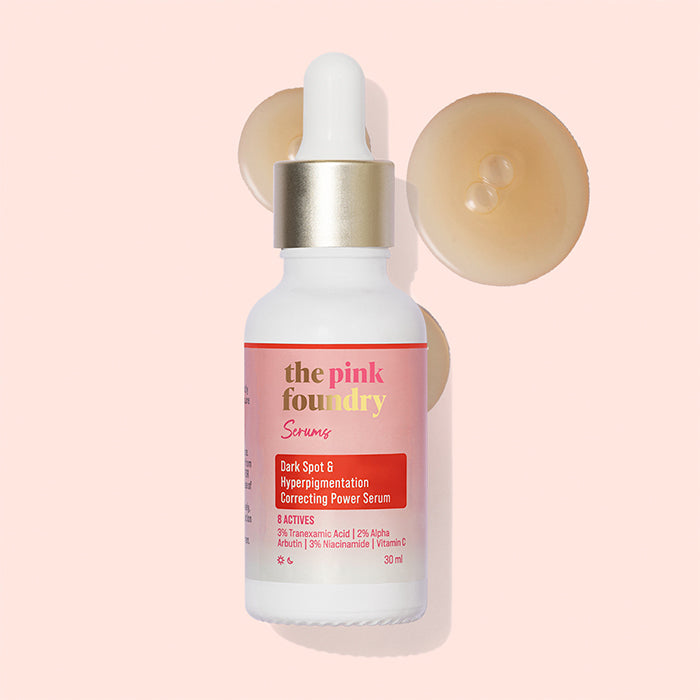





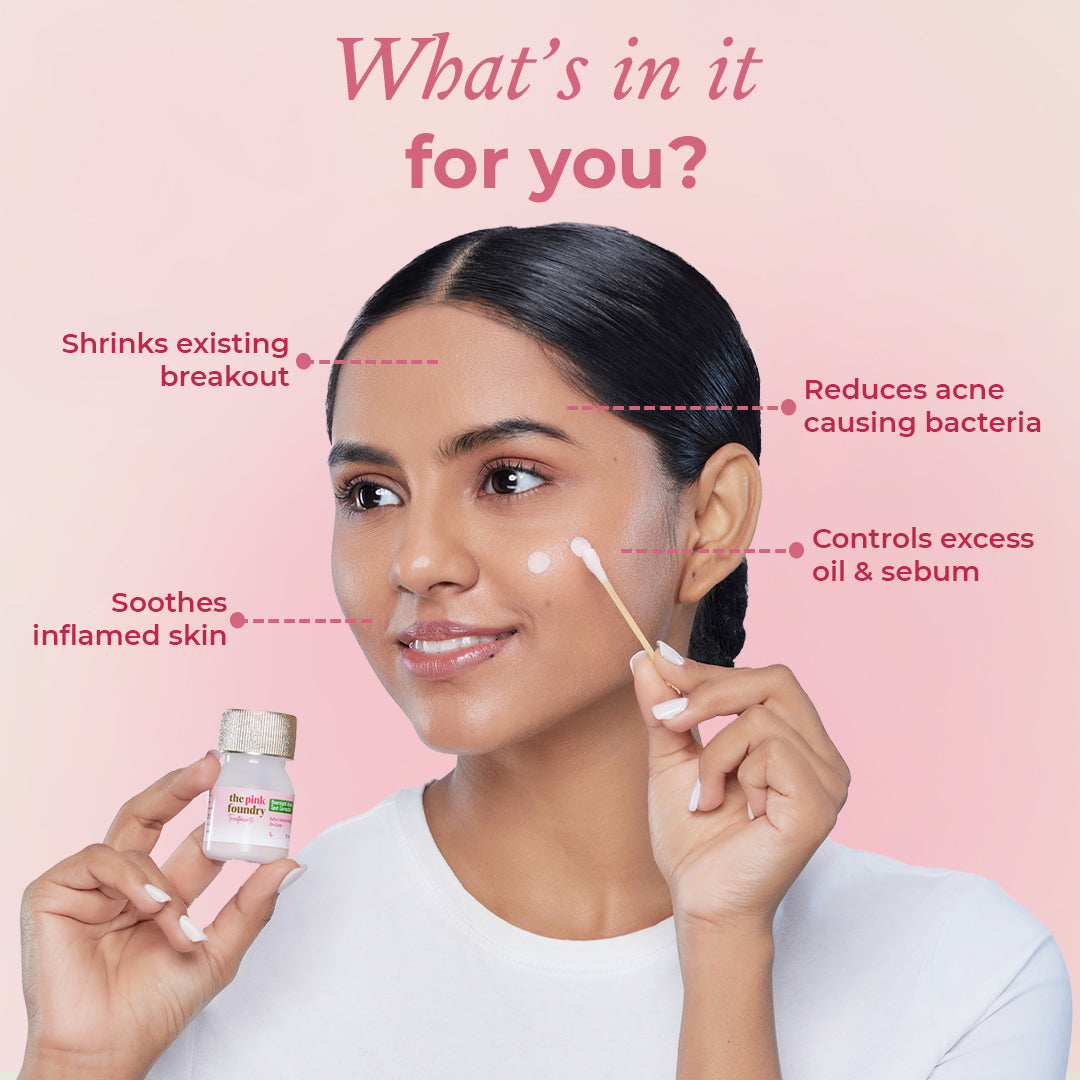
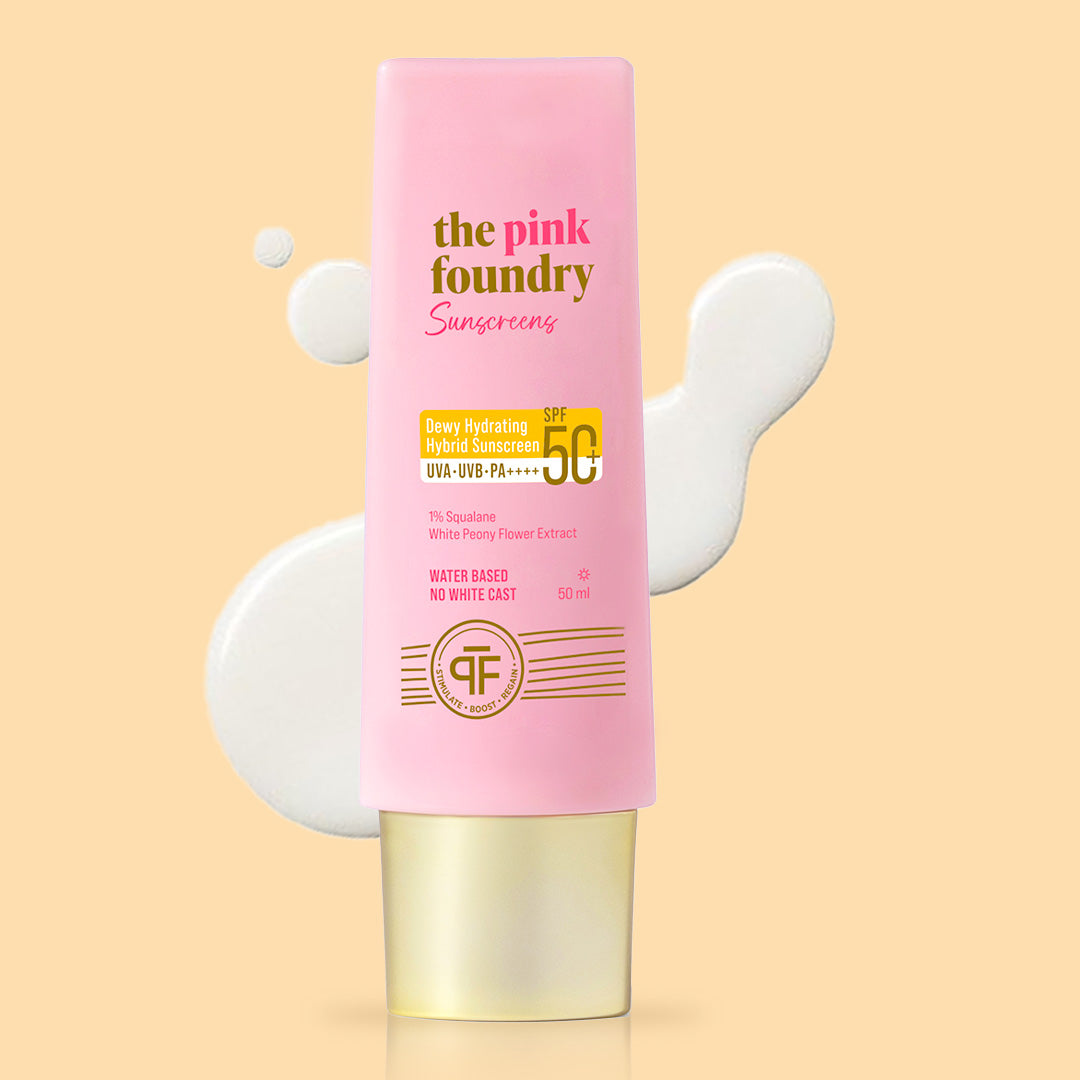
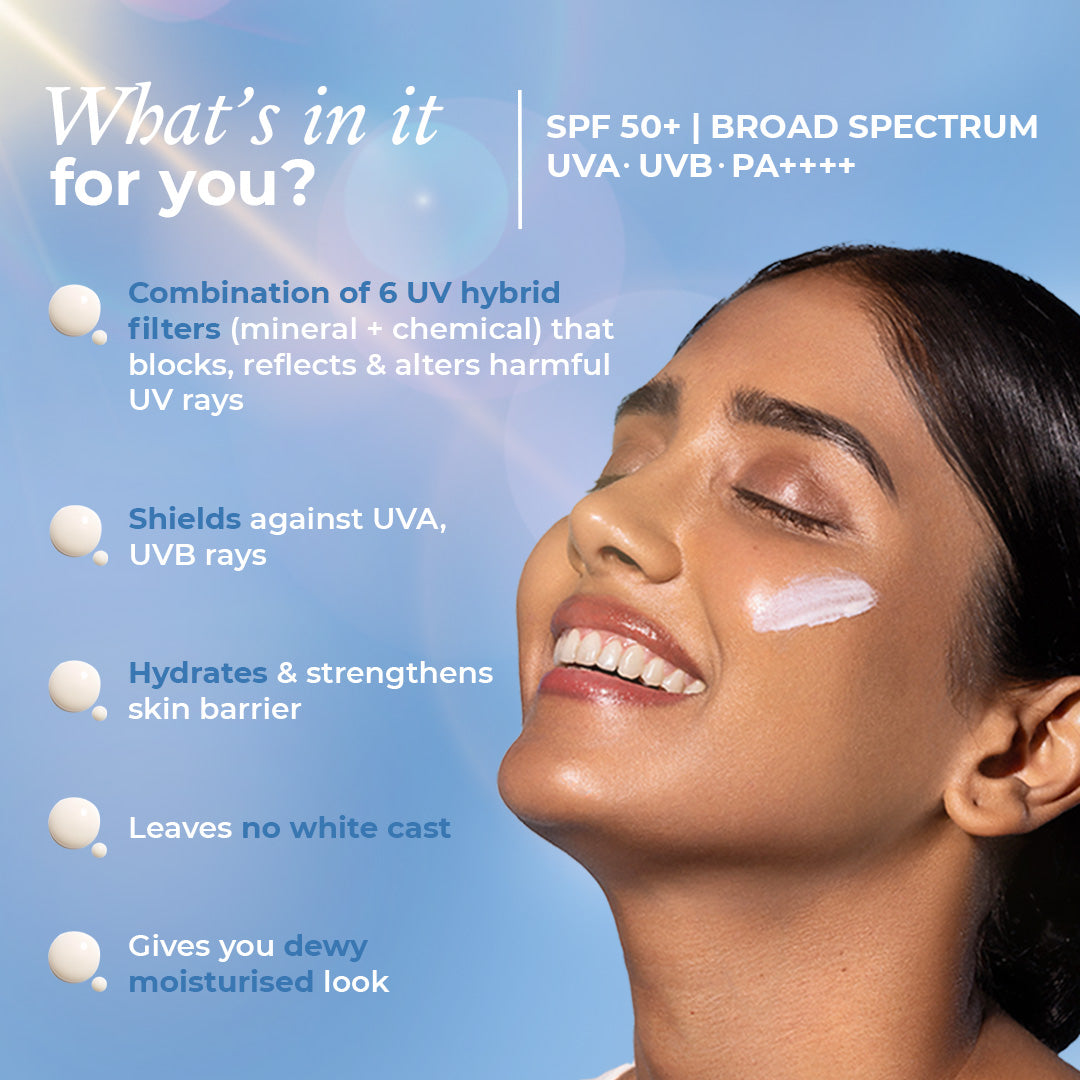


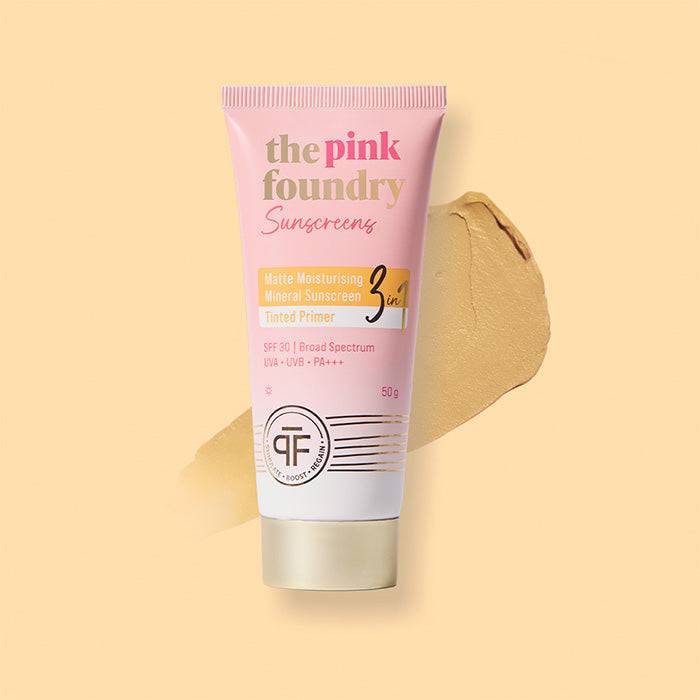
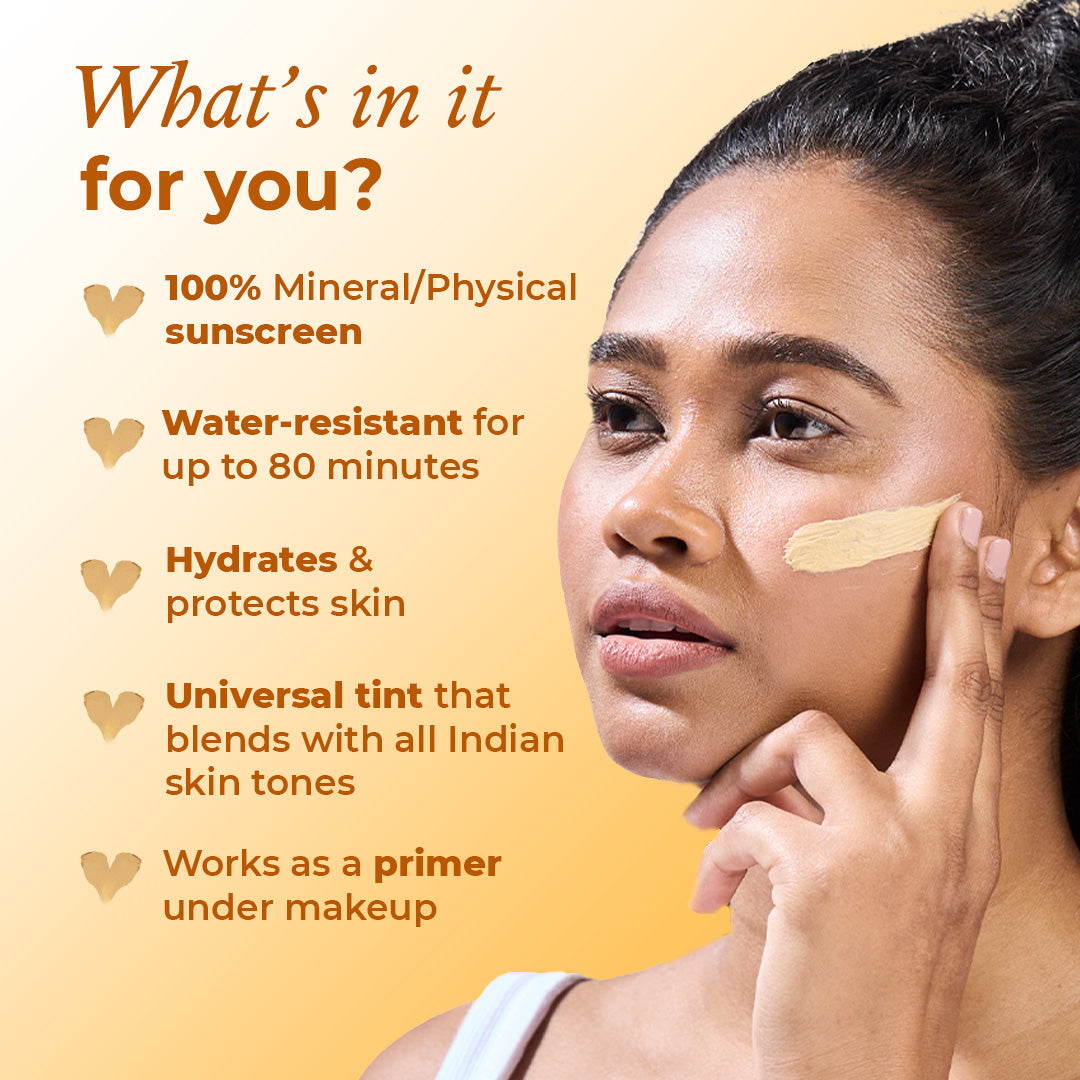



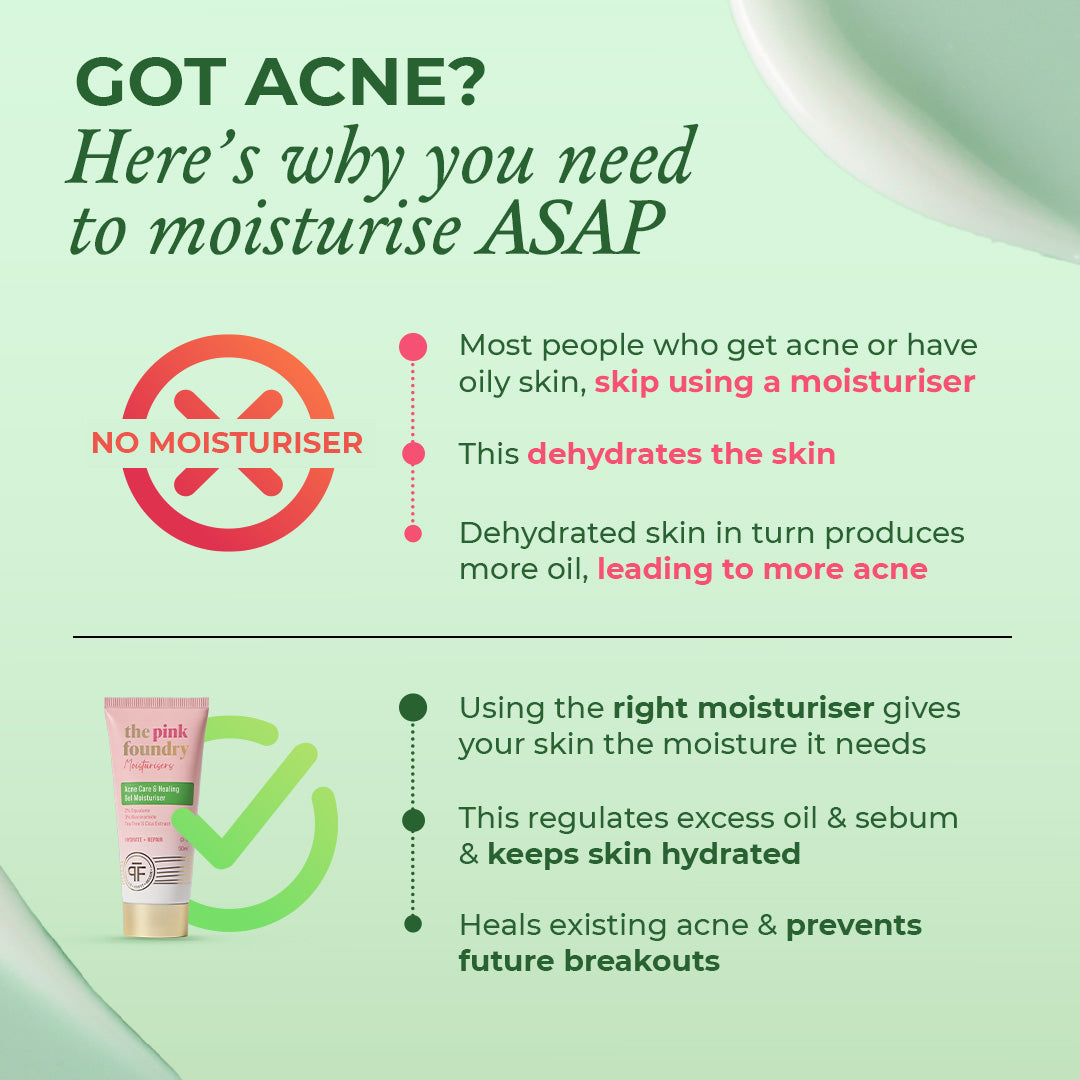
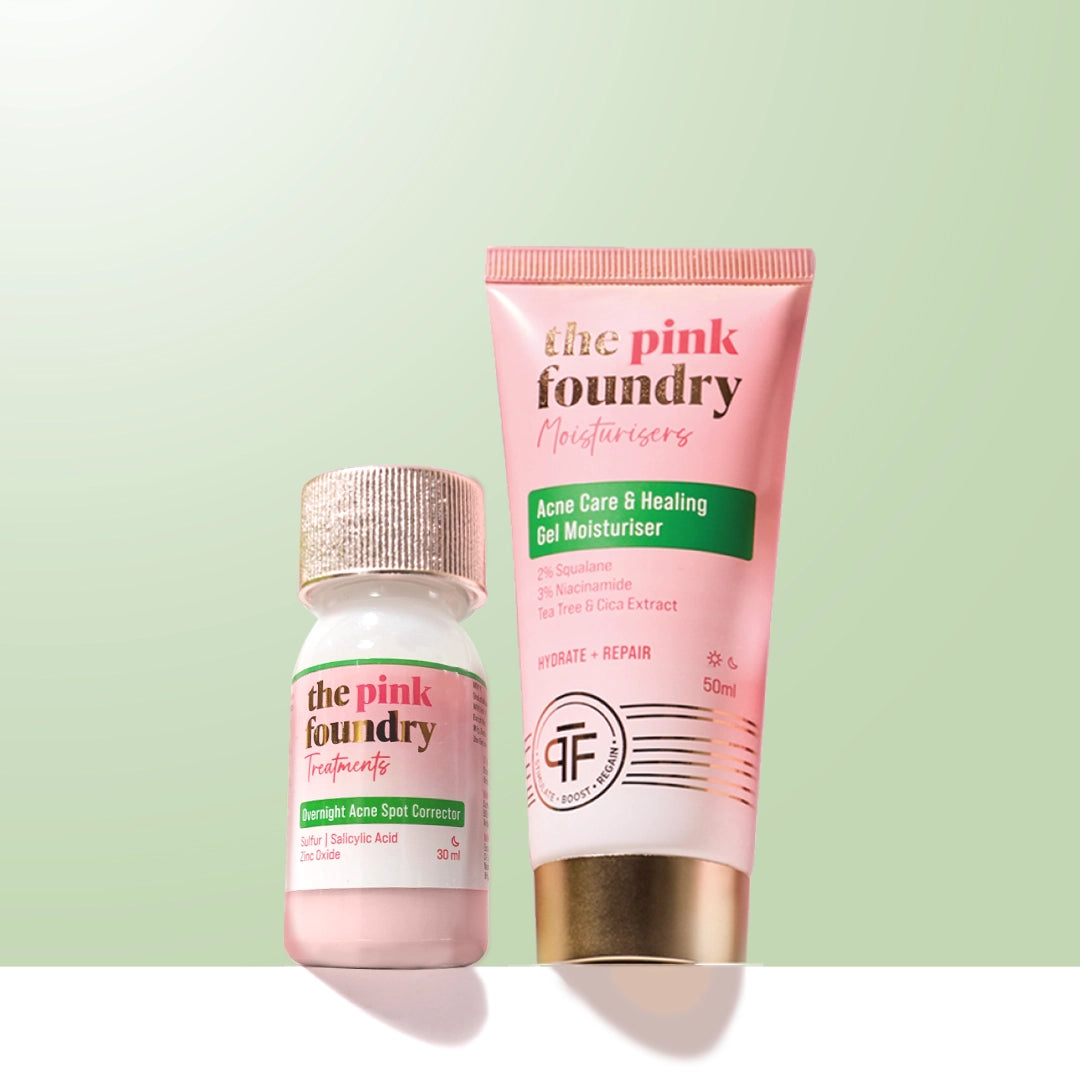
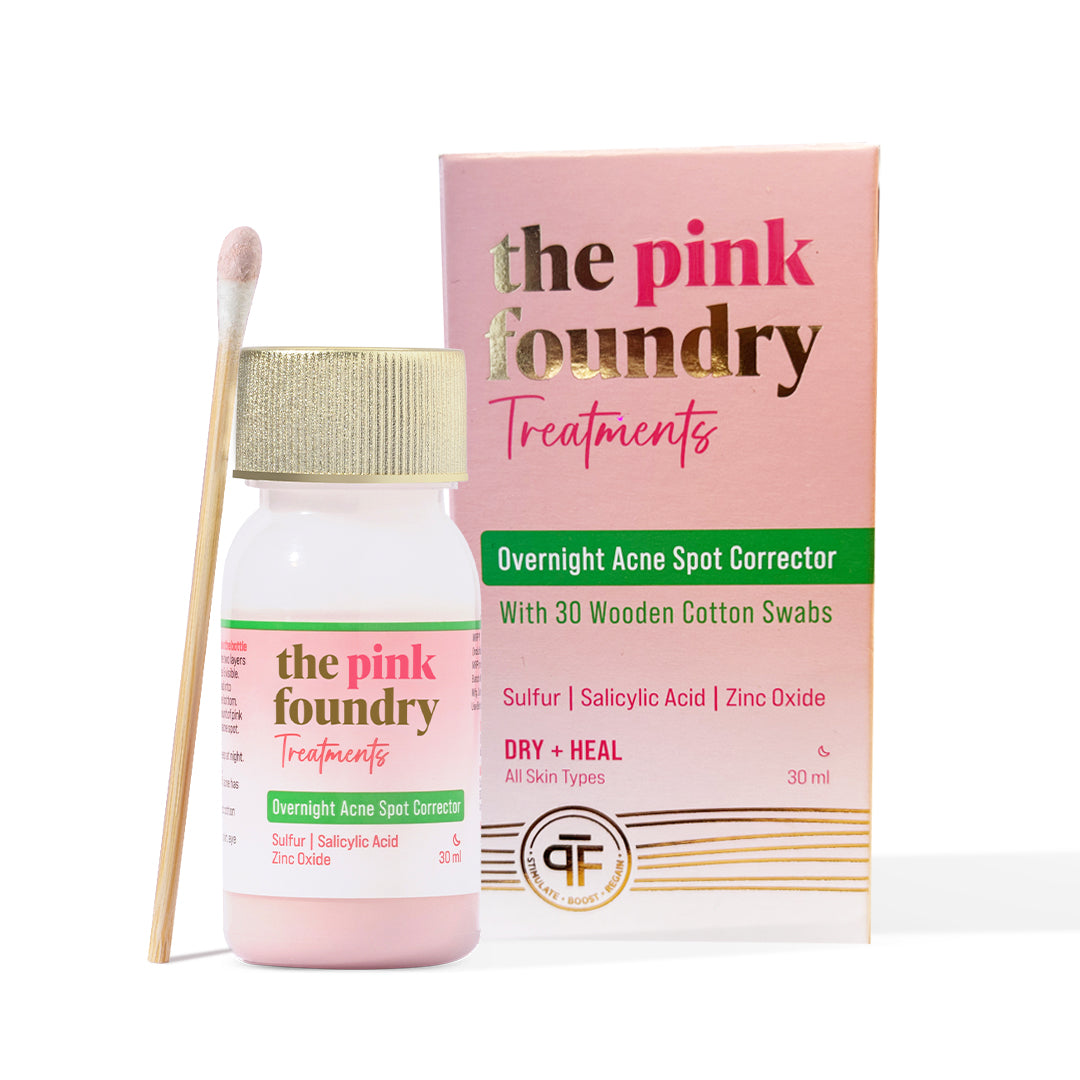
Leave a comment
This site is protected by hCaptcha and the hCaptcha Privacy Policy and Terms of Service apply.